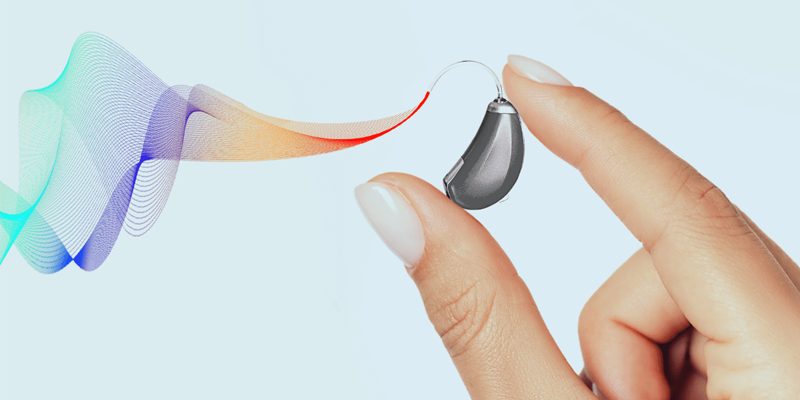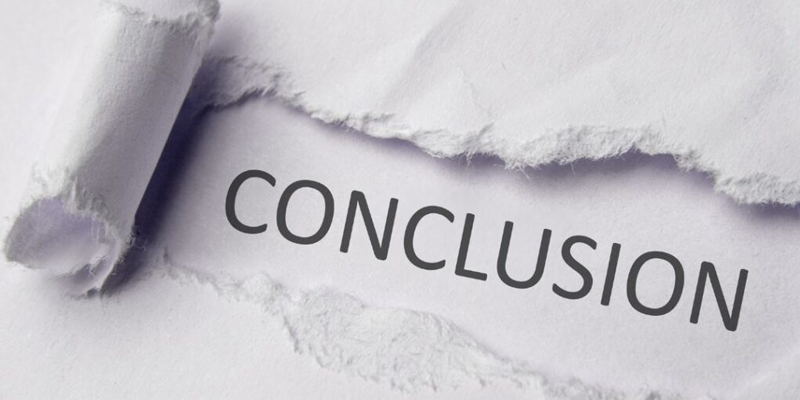Diseases that Cause Hearing Loss
Introduction
Have you ever attempted to have a conversation in a busy café and weren't able to hear a thing? Now picture experiencing that sensation daily. Millions of people experience hearing loss, and this is their shadowed existence. Though some blame it on age or attending too many rock concerts, the truth is that several diseases are the actual causes of this annoying as well as sometimes alienating disorder. Here at HearSan, we're committed to being your go-to guide on the path to better hearing.
In this in-depth guide, we're bringing to light the diseases of hearing loss, how they work behind the scenes, and what you can do. From having just begun to notice the signs to being the caregiver for someone suffering with it, understanding the medical reasons can be a complete game-changer.

What is Hearing Loss?
Let's take apart what hearing loss is before we begin to point fingers at the diseases that have been causing all the trouble.
Hearing loss is simply when your hearing sense of sounds is decreased. It can creep up slowly or strike abruptly like a slap from out of nowhere. There are three broad categories:
Conductive Hearing Loss – due to problems in the ear canal, eardrum, or middle ear.
Sensorineural Hearing Loss – due to damage in the inner ear or auditory nerve.
Mixed Hearing Loss – a bit of both worlds (and not in a good way).
Now that we’ve laid the groundwork, let’s zoom in on the actual culprits the hearing loss diseases.

Common Diseases That Cause Hearing Loss
Otitis Media (Middle Ear Infection)
Don't be fooled by the fancy title—this one's garden-variety, particularly in children. When fluid accumulates behind the eardrum as a result of infection or allergies, it disrupts sound vibrations.
Symptoms are:
-
Ear fullness or earache
-
Difficulty hearing
-
Fever
The bad news? It's often treatable with antibiotics or minor surgery (such as putting in ear tubes).
Meniere's Disease
This disorder in the inner ear is the drama queen of diseases for hearing loss. It does not quietly arrive- it bursts into the party with vertigo, ringing in the ears (tinnitus), and changing hearing.
Symptoms you are working with Meniere's:
-
Sudden dizzy attacks
-
A roaring or buzzing noise in one ear
-
Ear pressure
-
Gradually worsening hearing
There is no cure (yet), but medications and lifestyle modifications can be a game changer.
Otosclerosis
Here's one that plays tricks on your middle ear bones- specifically the stapes (a very small bone that assists in sound transmission). When it becomes hard, your hearing is muffled.
Hints to watch out for:
Gradual hearing loss in one or both ears
Tinnitus
Dizziness (occasionally)
Surgery or a hearing aid can typically address the problem.

Less Common Hearing Loss Diseases
Autoimmune Inner Ear Disease (AIED)
Yes, your immune system can become a turncoat and attack your inner ear. AIED is uncommon but quick to develop, so it's hard to catch in time.
Symptoms:
-
One-sided or bilateral hearing loss that occurs suddenly
-
Balance problems
-
Tinnitus
Steroid treatment in the early stages can stop these damage from becoming permanent, but it has to be done at the right time.
Acoustic Neuroma (Vestibular Schwannoma)
This harmless tumor occurs on the nerve that links the ear to the brain. It doesn't metastasize like cancer does, but it can sure screw with your hearing in a big way.
Look out for:
-
Single-sided hearing loss
-
Tinnitus
-
Numbness or balance issues in the face
-
Surgery or radiation may be needed, depending on size and effect.
Cytomegalovirus (CMV)
Usually transmitted from mother to infant while the mother is pregnant, this virus might lead to congenital deafness in infants. It's among the leading non-genetic reasons.
Infant symptoms:
-
Jaundice
-
Seizures
-
Enlarged spleen/liver
-
Hearing problems, sometimes delayed
Early testing is the name of the game if CMV exposure is suspected.
Body-wide Diseases That Secretly Attack Hearing
Don't forget the body-wide conditions that quietly attack your ears.
Diabetes
Blood sugar levels awry? That can result in nerve damage, including the ones that handle hearing.
Hypertension (High Blood Pressure)
Poor circulation doesn't only hurt your heart. It also starves the inner ear of oxygenated blood.
Multiple Sclerosis (MS)
MS attacks the central nervous system. When nerves that handle hearing are targeted, sound conduction goes down the drain.
Syphilis and Other STDs
Wait, STDs? Yeah. Congenital or late syphilis can lead to sudden or progressive hearing loss.
Viral and Bacterial Infections Associated with Hearing Loss
These diseases may begin with a cough or fever—but end up in your ears:
Mumps – Can destroy the cochlea, causing permanent hearing loss.
Measles – Can kill the hair cells in the cochlea.
Bacterial Meningitis – A life-threatening emergency that may result in complete deafness if left untreated.
HIV/AIDS – Can cause auditory nerve damage and secondary infections.
When Hearing Loss Is Genetic
Sometimes, it’s all in the genes. Roughly 50% of congenital hearing loss cases are inherited.
Usher Syndrome – Causes both hearing and vision loss.
Pendred Syndrome – Affects the thyroid and inner ear.
Waardenburg Syndrome – Known for causing pigmentation changes and hearing loss.
Genetic testing and counseling are often recommended in these cases.
FAQs About Hearing Loss and Diseases
Q1: Is disease hearing loss reversible?
Ans: Occasionally. It simply depends on the reason. Infections and autoimmune conditions can frequently be cured if diagnosed early, but those related to genetics or the nerves are generally irreversible.
Q2: Can hearing loss be prevented?
Ans: For most, yes! Proper hygiene, vaccinations, and the control of ongoing conditions like diabetes and hypertension are key.
Q3: How do I determine whether my hearing loss is due to disease?
Ans: If it's sudden, with other symptoms (such as dizziness or ringing), or worsens rapidly, it's time to visit an ENT specialist.
Q4: Can COVID-19 lead to hearing issues?
Ans: There are some studies indicating a potential correlation between COVID-19 and sudden hearing loss, although it's still under investigation.
How to Protect Your Hearing (Before It's Too Late!)
You don't need to just sit around waiting for hearing loss to hit. Here's how to gear up:
Don't spend a lot of time around loud noise.
Wear noise-canceling headsets rather than turning up the volume.
Keep your shots up to date (such as measles and mumps).
Be careful about sodium—it's associated with Meniere's attacks.
Have regular health checkups to watch for blood pressure, glucose, and cholesterol levels.
Conclusion,

Hearing loss isn't just a nuisance—it can steal away relationships, confidence, and quality of life. While loud surroundings and age usually share the blame, illnesses that lead to hearing loss are waiting in the wings, ready to flick the switch on your hearing world.
Knowing which hearing loss illness is involved is your first move to taking back the reins. So don't brush off the symptoms. That ringing, that dullness, that sense of disconnection—it could be more than "growing old.
If there's one thing to keep in mind, it's this: your ears deserve the same attention as your heart, your mind, and your eyes. Don't let the silence quietly creep in and steal away the moments. Catch it. Treat it. And continue to listen to life. Reserve your complimentary senior hearing test today and begin your path to greater hearing wellness with HearSan.
Share This:
Looking For Consultation?
+91 887-906-2110At HearSan, we make it easy to get expert care. Visit our clinic locator to book a hearing test or hearing consultation.

.png)